The killer whale, or orca, is a top predator found all over the oceans and seas of the world. Though these marine mammals are most comfortable and common in cold waters further from the equator, their habitat range is huge. And according to researchers in Hudson Bay, that range is getting even bigger. Hudson Bay is a very large bay found near the centre of Canada. Killer whales are moving into this area in greater numbers. This change is putting new pressure on the animal that has been the top predator there for thousands of years: the polar bear.
Not fans of heavy ice
Though many of us know the image of an orca trying to eat a seal or penguin by tipping an ice floe, these animals don't like sea ice that much. Why? Well, if you had a tall dorsal fin like they do, you'd get pretty tired of it constantly bumping the thick ice above. That's why killer whales stayed out of Hudson Bay. For most of the year, this body of water has been covered by sea ice.
This ice has made it the perfect hunting ground for polar bears. The bears walk out on the ice, wait by holes, and attack beluga whales as they surface for a breath of air. (The beluga whale has a short dorsal fin, which makes it right at home in the heavy ice.) But now a big change to Hudson Bay is flipping the fortunes of orca and polar bears.
Less ice, less bears, more orcas
There is now less ice in Hudson Bay than there has been in centuries. Without this ice, two things are happening. Polar bears are having a harder time hunting belugas. And killer whales now have more open water to swim in and hunt. Polar bears are still the top predator in the area for now. But some researchers think that Hudson Bay could have ice-free summers in 10 to 15 years. If that happens, will the polar bears be able to hang on? Or will the orcas become the new masters of the bay?
The 57,000 beluga whales in the area are about to find out.
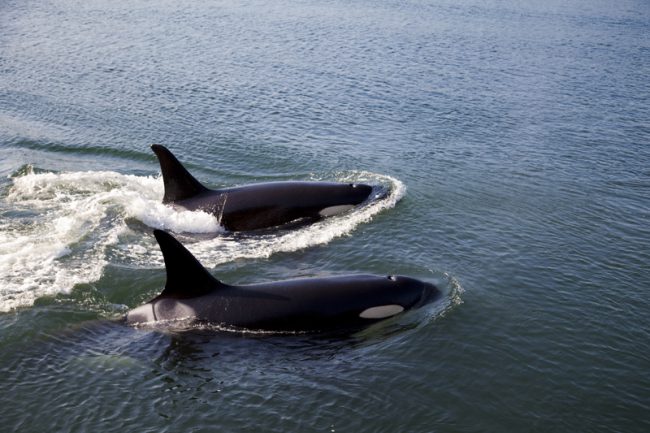 Will more killer whales in the Hudson Bay change life for the polar bears who live there? (© Karoline Cullen | Dreamstime.com)
Will more killer whales in the Hudson Bay change life for the polar bears who live there? (© Karoline Cullen | Dreamstime.com)
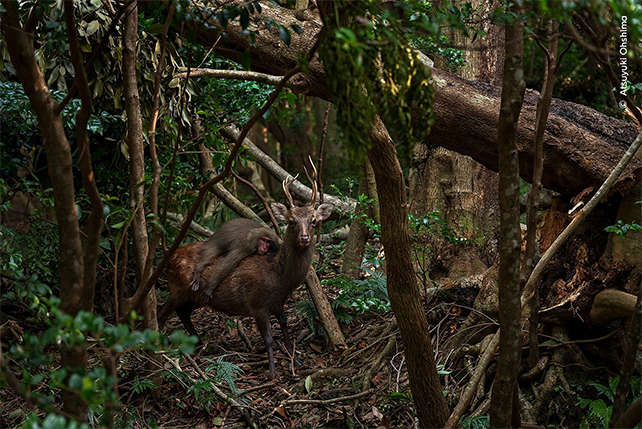

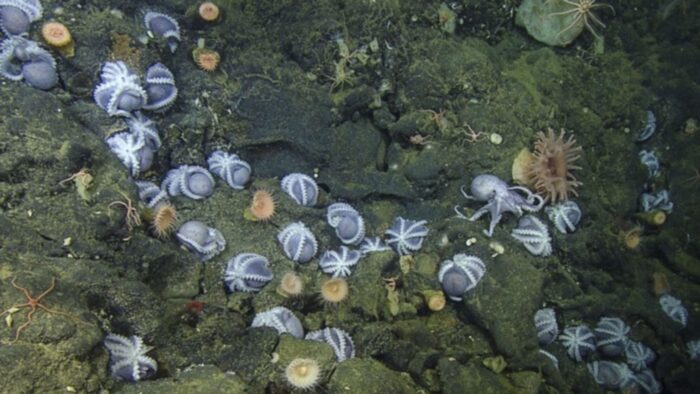
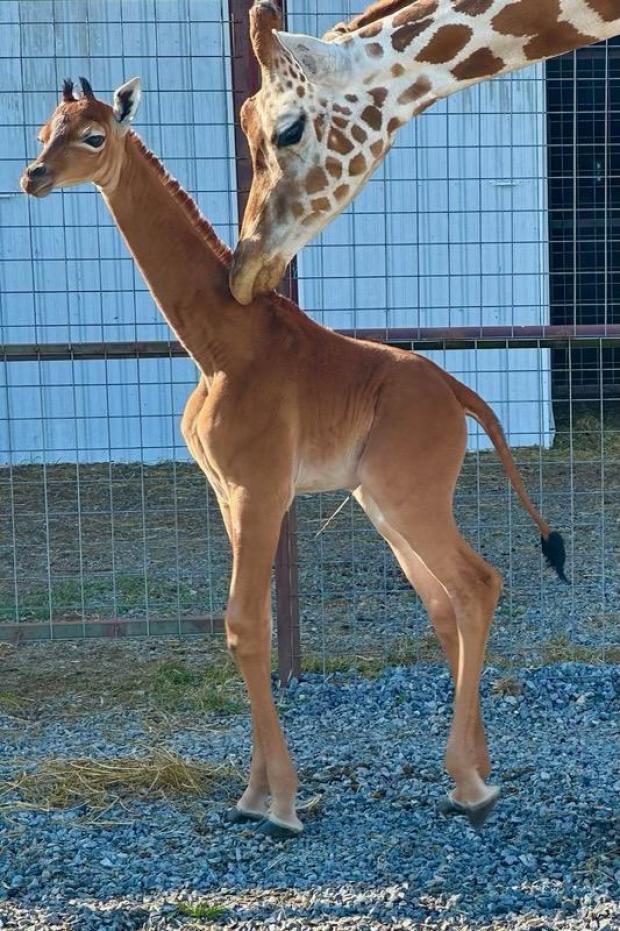
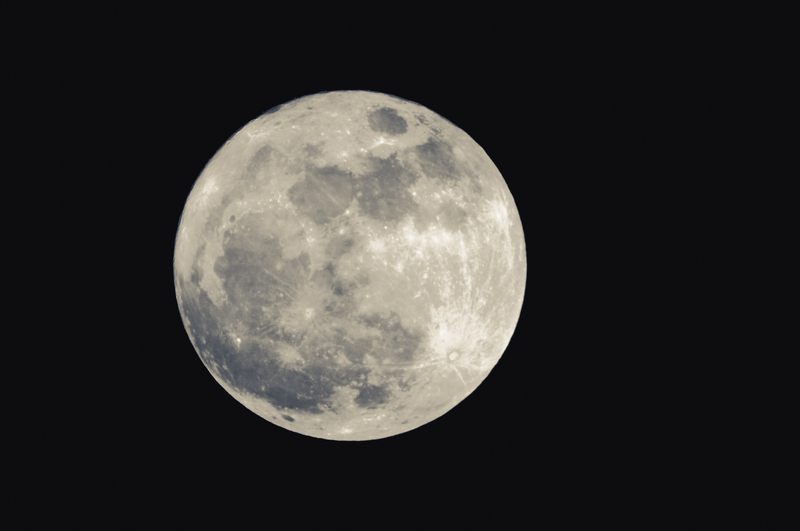
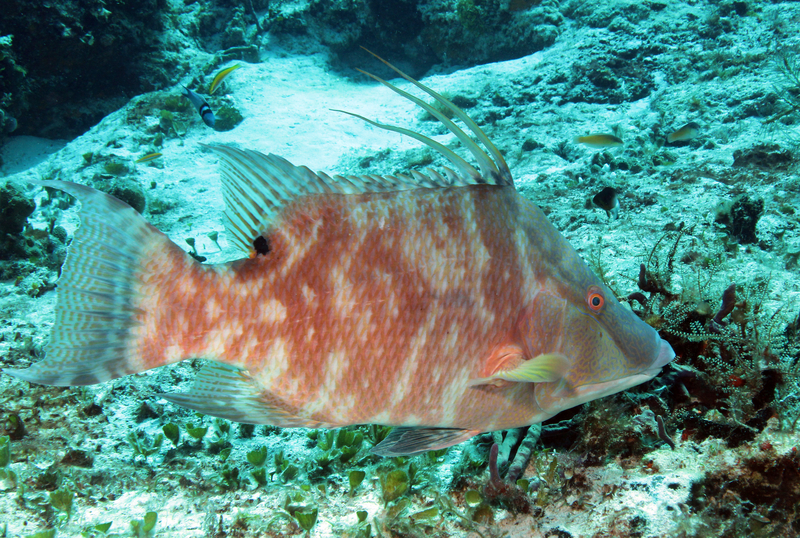

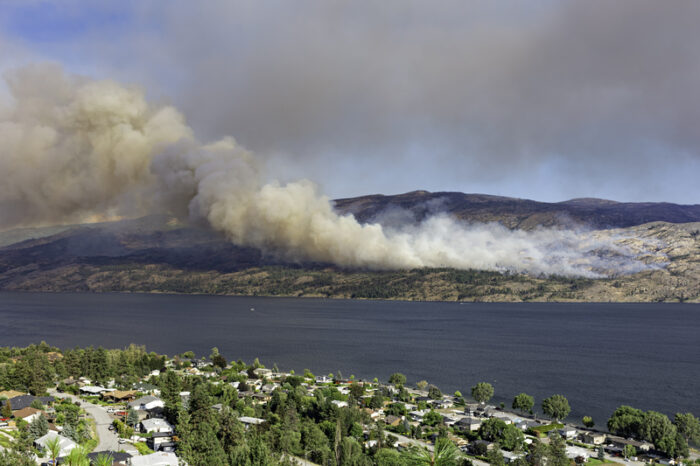
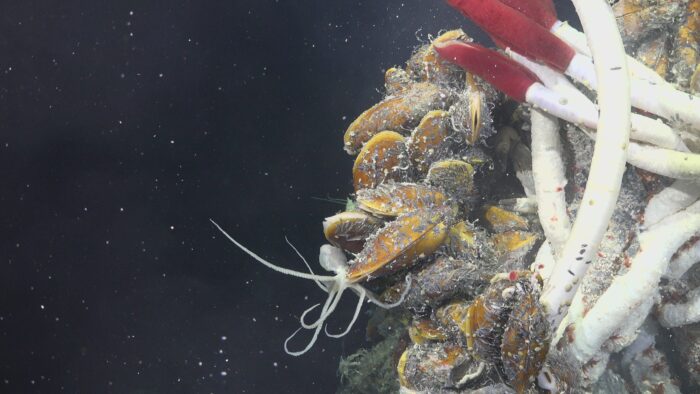
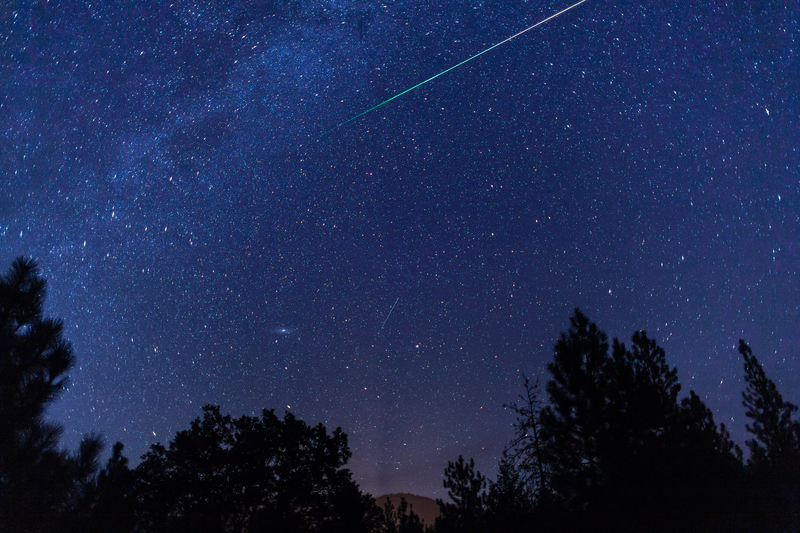
We are interested to find out, but also worried. We are worried that the polar bears will not be the top predator, or may become extinct. We also know that if the ice continues to melt it will affect the ice roads and transportation of goods for the people in the Hudson Bay Lowlands.
Mrs. Hammond’s grade 3 class
??????????????????????????????????????????????????????????????????????????????????????????????????????????????????????????????????????????????????????